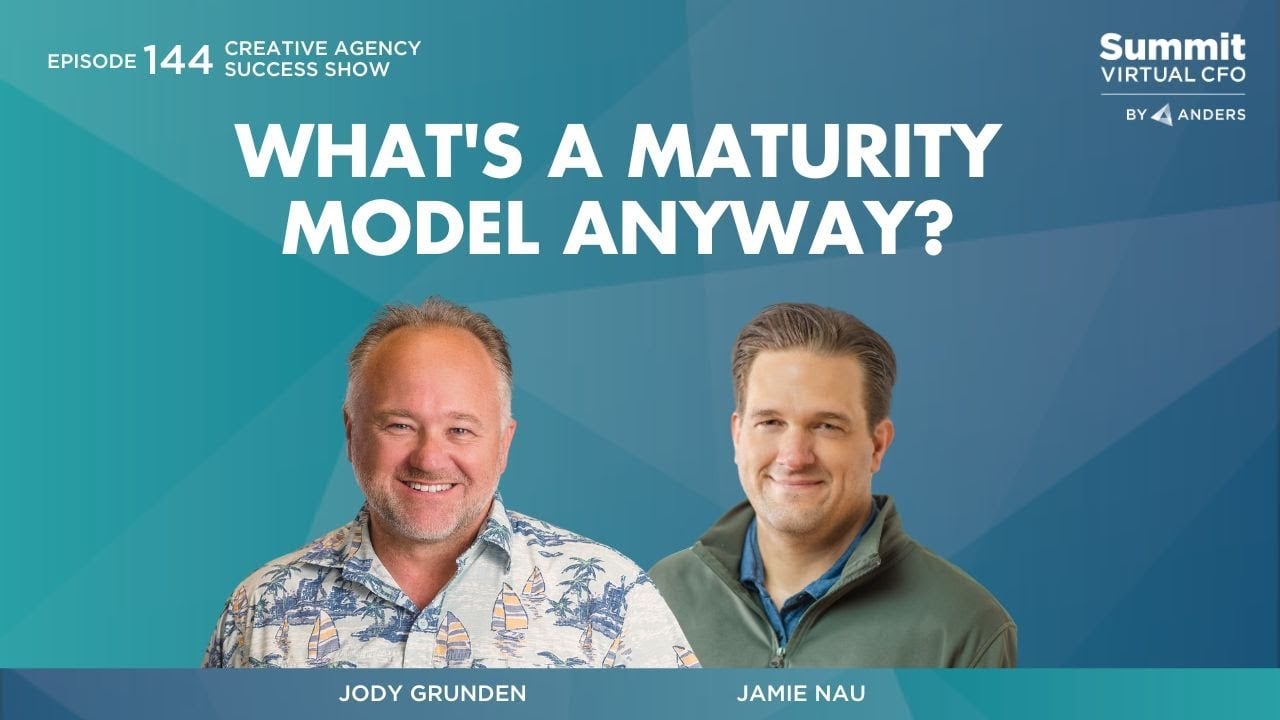I love sales. It was one of my first jobs before I went into accounting, and it was the hat that was hardest to give up when I grew my business.
But so many business owners hate it. They find it unnatural, awkward and ineffective.
That’s why I couldn’t agree more with Diane Helbig, internationally recognized business and leadership development advisor, when she says in a recent podcast interview, “Stop selling, because sales doesn’t work” – in the traditional sense of the word, that is.
Back in the day, before the internet, consumers didn’t have a choice. They needed a salesman to knock on their door and educate them about whatever product they had in their briefcase. 
But Diane argues that today, “You can’t sell things to people. People will buy things from you when they want what you have to sell, and they like and trust you.
That’s why business owners should give up those forced behaviors that make them – and the potential client – uncomfortable. “That slick salesy attitude of persuading, convincing and cajoling, they don’t like the feeling of it,” she says. “They feel like they have to do it, but it’s not working, so either they don’t do it at all or they do it really poorly.”
If it’s not working, she offers, why not try something different?
“If we can get away from all of that, what we're really doing is helping people problem-solve, because we're understanding their problem and if our service can help them. If we’ve listened to them, then we're just showing that we're walking down the same road together.”
To get there, Diane recommends a curiosity-first approach: educating ourselves on prospective clients before even reaching out, listening to what they have to say, and then asking meaningful questions that help us discover if we’re truly a good fit.
A curiosity-first approach to sales is a win-win. We find aligned clients who are happy to pay for our services and who stick around for longer.
Here’s how to adopt this sales mindset – for you and your team.
Review Your Client List
Business owners who want to take a different approach to sales should look back to move forward. Diane recommends reviewing past clients – both the top 20% and the bottom 20% – and dissecting every little detail to see what works and what doesn’t.
“What industry are they in? What size are they? What work are you doing for them? How did you get them originally?” she recommends asking. “I believe in repeating what works – and making sure we avoid what doesn’t.”
After determining the target audience, then comes research – another place where curiosity comes into play. “Let's whittle them down,” Diane says. “Ask yourself, ‘What do you need to know about them before you ever do outreach?”
Then comes time for the plan: How are you going to have your sales conversation? What questions do you need answered? “It's about being granular, so you don't necessarily have to think about it during the call,” Diane says, “You just have to do it.”
Embrace ‘I Don’t Know’
I’ve always been a big believer in “educate, don’t sell.” We don’t walk into an event for creative agency owners trying to pitch virtual CFO services. We want to share industry insights that our audience cares about: Where are people leaking profit? How is pipeline doing? What kind of cash position should agencies have right now?
In order to be able to share that level of insight, an owner has to educate themselves first by asking, “What is important to the people we’re trying to help?”
“Learn first, then educate,” Diane recommends.
No matter how long you’ve been in an industry, “Make ‘I don’t know,’ your mantra. If we go into the situation believing our solution is going to help, we could be right, but that limits us,” she says. “We’re always seeking information, because we know there’s a good possibility we don’t know a lot of things that we need to understand.”
Asking meaningful questions has an additional benefit, beyond helping get a sale: It can help us turn down clients who aren’t the right fit.
“There are people you don’t want to work with,” Diane says. “But if you find that out later, after you’re married, and you hate them and they hate you, now you have to get divorced. If we can back that up and just engage, have conversations and learn, the whole process is better and we have better longer lasting clients than we did before.”
If you’re finding you have trouble vetting ‘problem clients’ (you know, the ‘bad fits’) during the sales call, Diane suggests this: “Ask questions like, ‘Have you ever used a service like ours before? Tell me about the experience’ or ‘Would you mind sharing with me a time when you were dissatisfied with a vendor and how you dealt with that? What was it about them? What were they doing or not doing?’ Those questions encourage clients to spill the tea, which gives you a better idea of who they are.”
What to Look for in a Salesperson
Agencies usually start with the owners in the sales role. Part of growing an agency is bringing on one or more team members to do sales, but the stakes are high: The salesperson is the person who sets expectations, so if they aren’t in alignment with the product or service, it doesn't matter how many clients they bring in the door. They’re setting everyone up for failure down the line.
One of the biggest questions I get from owners who want to create a sales role on their team is: “Do I want an expert in my product or an expert seller?”
That might not be the right question, Diane suggests. An ‘expert’ seller can’t be someone oozing confidence.
“If someone is really good at sales, in the old fashioned sense, I don't think you want to hire them because I think they're going to damage your reputation as an organization. You're going to spend a lot of money and you're not going to be happy, they’re not going to be happy, and the people you’re dealing with are not going to be happy.”
Her best advice?
Take someone who really understands your value proposition, the result of what you do. They don't even have to understand how you do it. They just have to understand what problem you solve. They don't even have to be in the weeds, they just have to be curious and patient.”
Speak Your Client’s Language
In order to have those in-depth conversations, I find the other key ingredient – aside from curiosity and patience – is knowing the client’s language.
Now that we’re diving deep into offering virtual CFO services in cannabis, the legal industry, as well as transportation and logistics, we find that we need to have an industry expert as part of the sales process to know what specific questions to ask – and how to respond on the fly to the answers.
Teach Them to Do It Themselves
One of the biggest high fives I get is when I meet someone who says I taught them how to handle their finances so well that they didn’t need to hire me.
That’s what thought leadership is: Becoming a bundle of knowledge for people to tap into, whether they hire you or just reach out to you with a question. When you become a trusted resource to someone, they’re eager to refer you, because they are likely to know people who can’t do it themselves or don’t want to.
It can be a long game, but the returns will come. It sure beats being ‘salesy.’
.png?width=120&height=77&name=Summit-Virtual-CFO_color_rgb%20(1).png)














